>>> Lesson 1: Increasing product value for farmers
>>>Organic production helps Yen Bai open export markets
Enhancing the role of cooperatives
In recent times, the collective economy (KTTT) with the core being cooperatives in the province has developed in both quality and quantity. Up to now, Yen Bai province has over 820 cooperatives with over 33,600 members. Of which, 460 cooperatives operate in the agricultural sector with over 7,400 members, accounting for 55.8%. Cooperatives operating in the agricultural sector play an important role in concentrating production land area, specializing in production, promoting the collective role in converging and attracting resources, in order to access new technologies, coordinate in organizing production, building brands, promoting and circulating products to domestic and international markets.
To facilitate the development of agricultural cooperatives, Yen Bai province has built, issued and implemented many mechanisms and policies such as: Supporting investment in development, completing infrastructure for production; land allocation, land lease; supporting capital and seeds when facing difficulties due to natural disasters and epidemics; supporting cooperatives in linking production and product processing; supporting agricultural insurance fees, etc.
These policies are truly a lever for the collective economy with the core being cooperatives to develop, affirming its role and position in the development of the agricultural and rural economy. Typical examples include: Vietnam Cinnamon Cooperative, Hung Thanh Agricultural and Rural Development Cooperative (Tran Yen district); Khanh Thien Agricultural, Forestry and Fishery Cooperative (Luc Yen district); Thien An General Service Cooperative (Yen Binh district); Mu Cang Chai Organic Agricultural Cooperative (Mu Cang Chai district)...
In addition to promoting and developing cooperatives and agricultural cooperative groups according to the value chain, Yen Bai province has also paid attention to developing agricultural and rural tourism, in order to exploit potentials and strengths, diversify tourism types and products, and promote sustainable development of the rural economy.
To promote and support the development of rural tourism and community tourism, the province has issued many mechanisms and policies to encourage and facilitate individuals, cooperatives and enterprises to invest in developing agricultural tourism and rural tourism such as: Resolution No. 14/2018 dated August 2, 2018 of the Provincial People's Council and Resolution No. 10/2021, dated February 19, 2021 of the Provincial People's Council, stipulating the level of support for the One Commune One Product (OCOP) Program and supporting tourism development for agencies, organizations, units, enterprises, cooperatives, individuals and households with tourism business activities...
Through implementation, the State's support policies have become a lever to promote the development of Yen Bai tourism in general, and Yen Bai agricultural and rural tourism in particular. In addition, the province also promotes the development of industrial products, OCOP products associated with agriculture, and the characteristics of each locality. Through these activities, it contributes to increasing the diversity of destinations, adding more attraction to Yen Bai tourism in recent times.
However, tourism activities in cooperatives mainly develop spontaneously, without planning, lacking connection with tours, so they have not attracted many tourists. Agricultural tourism products are not really attractive to tourists and have not focused on design and brand; workers in cooperatives are mainly untrained, lacking knowledge and tourism skills.
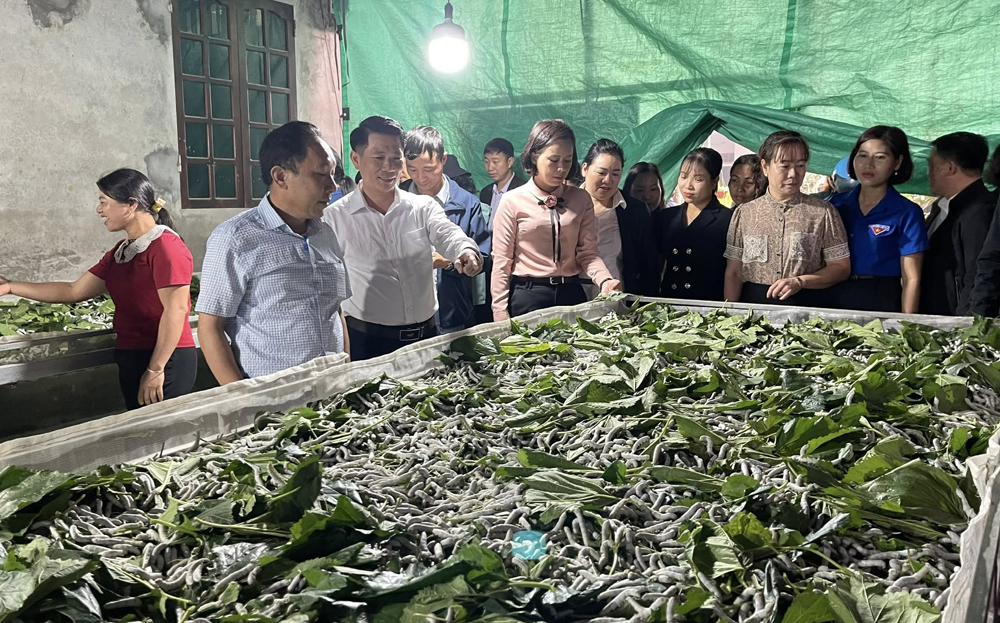
Thanh Thinh Commune, Tran Yen District develops mulberry growing and sericulture associated with experiential tourism - a new direction to increase income for farmers.
Therefore, cooperatives have not fully exploited the potential of local tourism; lack of experience in tourism, lack of knowledge in production, so many risks appear such as: outbreak of epidemics, illegal investment in infrastructure construction (especially tourism projects built on agricultural land); environmental pollution, introduction of social evils into rural areas...
Mr. Nguyen Duc Lam - Permanent Vice Chairman of the Provincial Cooperative Union said: In the coming time, the Provincial Cooperative Union will continue to coordinate with departments, branches, and organizations to build pilot farm models for agricultural development associated with tourism in each stage and replicate them in localities, in order to build typical products. Promote close links between parties in the model of farm and agricultural development associated with rural agricultural tourism, including farmers, travel businesses, localities, agricultural and tourism management agencies; propose and recommend to competent authorities to prioritize the integration of investment capital sources, complete production infrastructure, tourism development infrastructure, train human resources for agricultural production combined with tourism, develop craft villages, traditional craft villages, develop farms associated with tourism, etc.
Good results
In recent times, despite many difficulties and challenges, Yen Bai's agricultural production has achieved quite comprehensive results, restructuring the agricultural sector towards improving quality, efficiency, added value and sustainable development; national target programs have been implemented drastically and synchronously; specific mechanisms and policies have been issued promptly to promote production development, contributing to improving and enhancing the quality of people's lives, the appearance of the countryside has improved day by day, and continued to maintain a fairly good growth rate.
Forms of production organization are constantly being innovated in the direction of linking to establish cooperatives, cooperatives and joint ventures with enterprises to organize production according to value chains, linking production with product consumption.
From 2021 to present, the whole province has supported the implementation of over 70 projects linking production development according to value chains for the province's key products. Production chains have been maintained and operated effectively, typically: mulberry and silkworm farming chains; Bat Do bamboo shoot production chain; tea production chain, organic cinnamon production chain....
Step by step build and form concentrated specialized raw material production areas of the province such as: Raw material forest timber over 90,000 hectares; cinnamon over 82,000 hectares, hawthorn over 9,300 hectares; Bat Do bamboo shoots nearly 6,000 hectares; tea over 7,400 hectares; fruit trees over 10,000 hectares; mulberry over 1,100 hectares...
In the province's agricultural production, many production models have emerged in the direction of circulation, integrating multi-values and adapting to climate change such as: The model of terraced rice production in the highlands associated with golden season tourism; the model of ancient Shan Tuyet tea associated with tourism; the model of cage fish farming associated with sightseeing and experiential tourism on Thac Ba Lake; the model of lotus planting associated with eco-tourism in Tran Yen district... which has helped producers increase income per unit of cultivated land area, contributing to saving and effectively using natural resources.
In particular, EREX Biomass Power Company Limited has invested in building a Biomass Power Plant in Yen Bai, on the basis of maximizing the use of biomass energy from by-products and waste in agricultural production, forestry processing and other crops that can be used as fuel for electricity production.
This is considered a new approach towards circulation, optimizing the use of resources, reducing production waste, limiting negative impacts on the environment, and at the same time creating useful renewable energy for society. From there, it actively contributes to changing the thinking and production methods of farmers towards circulation, integrating multiple values associated with protecting the ecological environment.
Based on the policies and orientations of the Central Government, the Provincial Party Committee, People's Council and People's Committee of Yen Bai province have specified them through resolutions, action programs, projects and policies to orient and support the promotion of agricultural production development in the province towards improving quality, efficiency, added value and sustainable development.
Every year, Yen Bai province has balanced and allocated about 90 billion VND to implement the project of restructuring the province's agricultural sector. Thereby, it can be affirmed that this is a favorable opportunity for the agricultural sector and farmers to gradually realize the goal of renewing the growth model towards efficiency, added value and sustainability.
Challenges to overcome
However, Yen Bai also faces many challenges due to its low starting point for the rural economy, limited investment resources, complex terrain, fragmented land, limited production levels, and weak and inadequate rural infrastructure. Climate change is increasing, natural disasters are frequent and unpredictable, and plant and animal diseases pose great risks to agricultural production.
Although the productivity and quality of agricultural products in the province have been improved, in general they have not met expectations, are not commensurate with the potential and development advantages, the competitiveness of agricultural products is still weak, the brand has not been established, and a solid position in the market has not been established, and the output channels for production are unstable.
In the coming time, Yen Bai province will continue to focus on developing agricultural production according to the value chain associated with building sustainable new rural areas. Restructuring the agricultural sector, increasing added value and sustainable development; developing agriculture based on the province's comparative advantages associated with processing industry, trade, and rural services.
At the same time, expand the scale of concentrated commodity production in the direction of linking adjacent small and medium production to create large production areas; maximize the strengths of the locality. Effectively implement resolutions, programs, projects, and policies of the central and provincial governments; mechanisms and policies to support the development of agricultural, forestry, and fishery production. Promote linkages in production development according to cooperatives and cooperatives; attract economic sectors to participate in production, joint ventures, and linkages in the consumption of agricultural products according to the value chain.
Continue to effectively implement the National Target Program on New Rural Development, focusing on improving the quality of achieved criteria; prioritize the arrangement and mobilization of investment resources for new rural communes according to plan; strengthen administrative reform and digital transformation in agriculture...
The application of advanced production processes, the strong shift from quantity-oriented production to the production of quality products with high added value, the application of science and technology in cultivation and animal husbandry, the combination of agricultural production with rural tourism, etc. are solutions to help Yen Bai create a breakthrough, restructuring agriculture towards sustainable commodity production. This breakthrough not only contributes to improving the lives of farmers but also opens up great opportunities for Yen Bai on the path of global economic integration.
Manh Cuong
Source: https://baoyenbai.com.vn/12/348527/Phat-trien-nong-nghiep-da-gia-tri-o-Yen-Bai-Co-hoi-va-thach-thuc---Lesson-2-Taking-steps-towards-regional-development.aspx



![[Photo] Prime Minister Pham Minh Chinh chairs a meeting on the implementation of the Lao Cai-Hanoi-Hai Phong railway project.](https://vphoto.vietnam.vn/thumb/1200x675/vietnam/resource/IMAGE/2025/5/20/0fa4c9864f63456ebc0eb504c09c7e26)



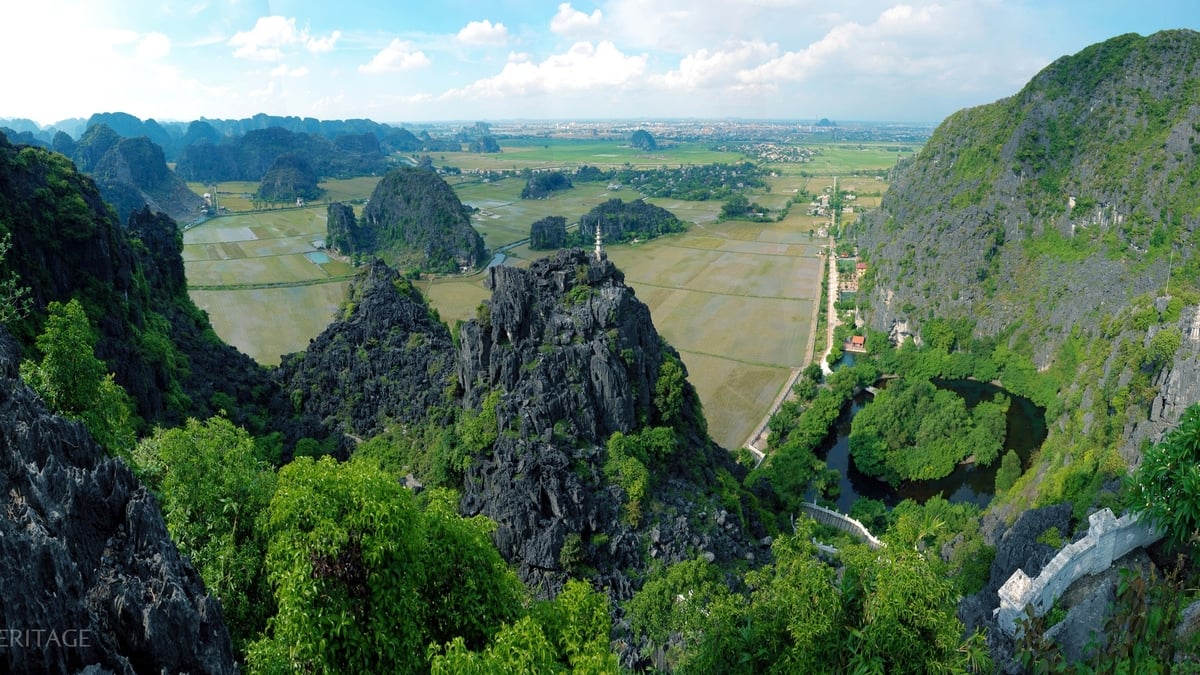
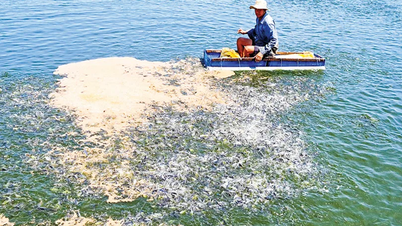

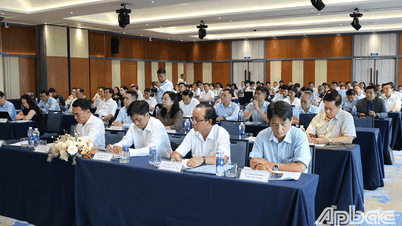

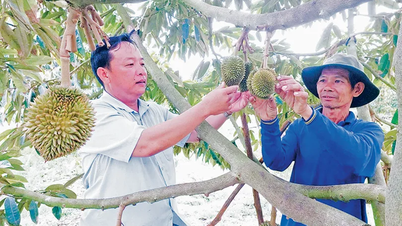
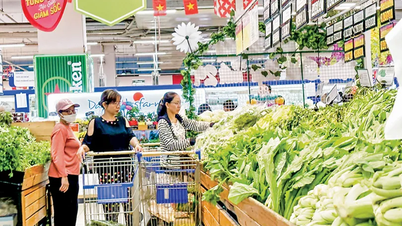
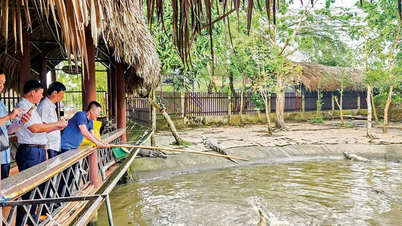
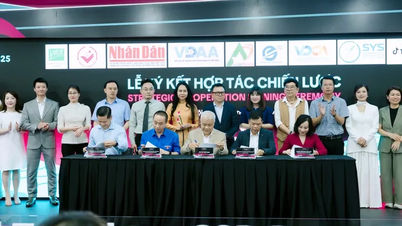




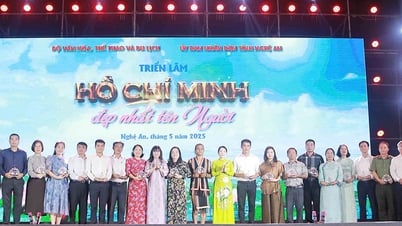


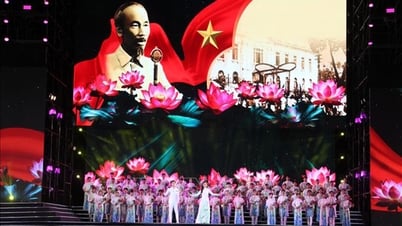
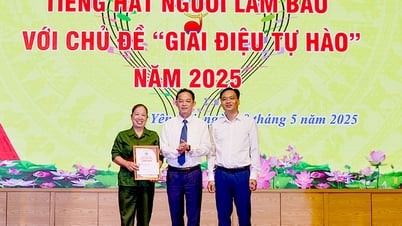























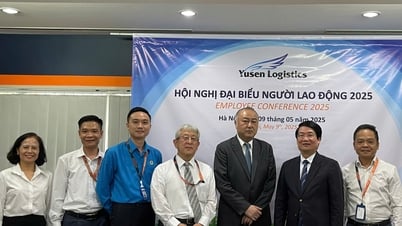









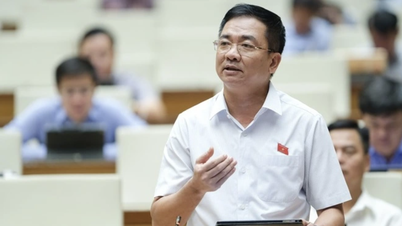


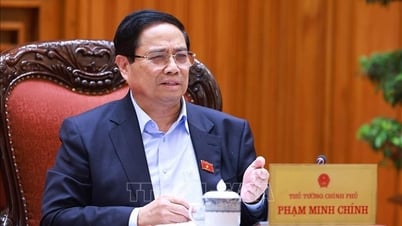

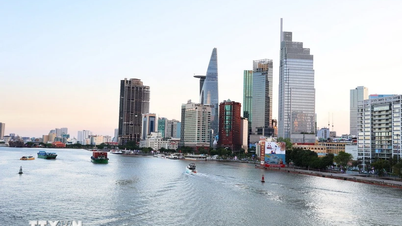
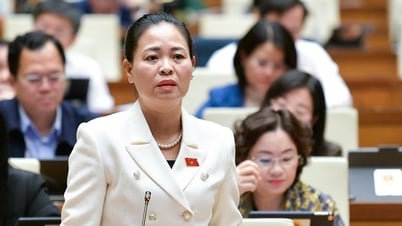

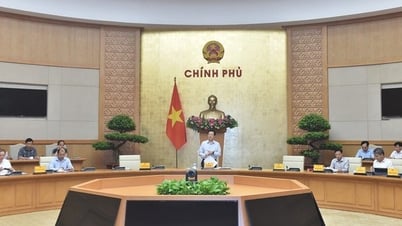

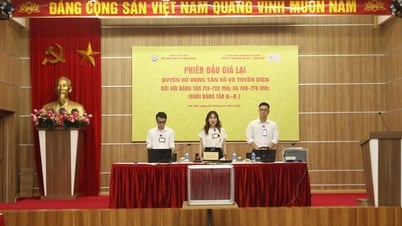

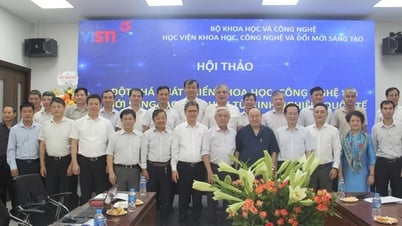
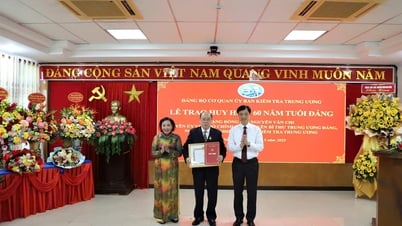

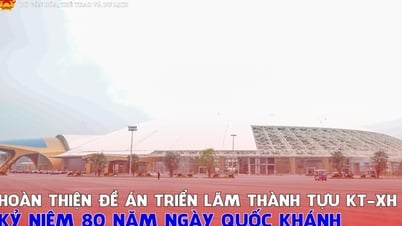
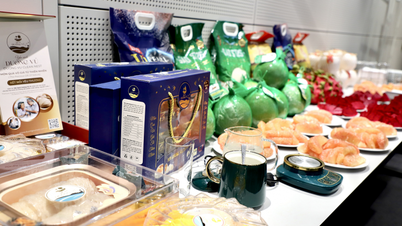




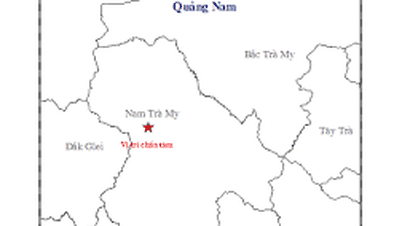

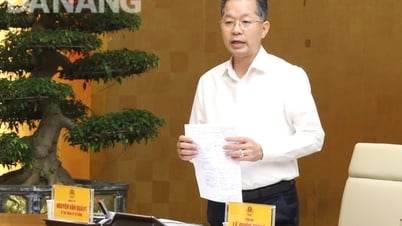













Comment (0)